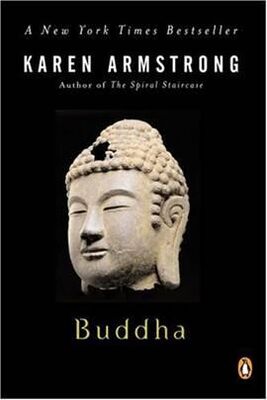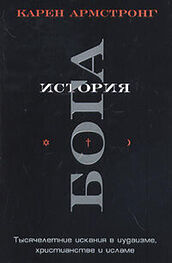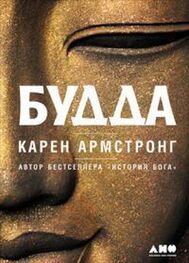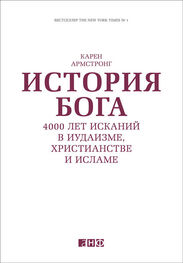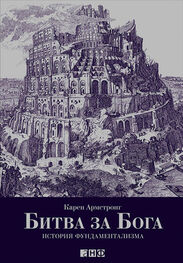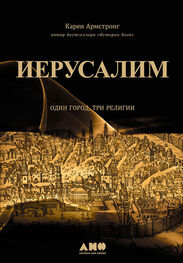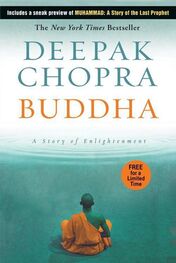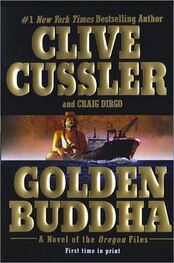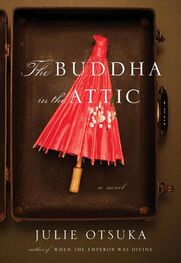Patimokkha:“Bond”; a ceremony whereby the early monks came together every six years to recite the Buddhist Dhamma; later, after the Buddha’s death, this became a recitation of the monastic rule of the Order and a confession of transgressions, which was held once a fortnight.
Praktri:Nature; the natural world in the philosophy of Samkhya.
Pranayama:The breathing exercises of yoga, which induce a state of trance and well-being.
Pratyahara:In yoga, a “withdrawal of the senses,” the ability to contemplate an object with the intellect alone.
Purusa:The Absolute Spirit that pervades all beings in the philosophy of Samkhya.
Sakyamuni:“The Sage of the Republic of Sakka,” a title given to the Buddha.
Samadhi:Yogic concentration; meditation; one of the components of the Eightfold Path to enlightenment.
Samkhya:“Discrimination”: a philosophy, akin to yoga, which was first preached by the sage Kapila in the second century b.c.e.
Samma SamBuddha:A Teacher of Enlightenment, one of whom comes to humanity every 32,000 years; Siddhatta Gotama is the Samma SamBuddha of our own age.
Samsara:“Keeping going”; the cycle of death and rebirth, which propels people from one life to the next; the transience and restlessness of mundane existence.
Sangha:Originally a tribal assembly, an ancient governing body in the old republics of North India; later a sect professing the dhamma of a particular teacher; finally, the Buddhist Order of Bhikkhus.
Sankhara:“Formation”; the formative element in kamma, which determines and shapes one’s next existence.
Sutta:A religious discourse. Sanskrit: Sutra.
Tanha:The “craving” or “desire” which is the most powerful cause of suffering.
Tapas:Asceticism; self-mortification.
Tathagata:“Thus Gone,” the title given to the Buddha after enlightenment, sometimes translated as “the Perfect One.”
Tipitaka:Literally “Three Baskets,” the three main divisions of the Pali Canon.
Upadana:“Clinging,” attachment; it is etymologically related to upadi, fuel.
Uposatha:The days of fasting and abstinence in the Vedic tradition.
Upanisad:The esoteric texts that developed a mystical and spiritualized understanding of the Vedas, and which would form the basis of Hinduism.
Vassa:The retreat during the monsoon rains from June to September.
Veda:The inspired texts, recited and interpreted by the brahmins, in the Aryan religious system.
Vinaya:The monastic code of the Buddhist Order; one of the “Three Baskets” of the Tipitaka.
Vaisya:The third caste of farmers and stockbreeders in the Aryan system.
Vasana:The subconscious activities of the mind.
Yama:The “prohibitions” observed by yogins and ascetics, who were forbidden to steal, lie, have sex, take intoxicants or to kill or harm another being.
Yoga:The discipline of “yoking” the powers of the mind in order to cultivate alternative states of consciousness and insight.
Yogin:A practitioner of yoga.

"I say that religion isn't about believing things. It's ethical alchemy. It's about behaving in a way that changes you, that gives you intimations of holiness and sacredness."
Karen Armstrong is one of the most provocative, original thinkers on the role of religion in the modern world. Armstrong is a former Roman Catholic nun who left a British convent to pursue a degree in modern literature at Oxford. In 1982 she wrote a book about her seven years in the convent, Through the Narrow Gate, that angered and challenged Catholics worldwide; her recent book The Spiral Staircase discusses her subsequent spiritual awakening after leaving the convent, when she began to develop her iconoclastic take on the great monotheistic religions.
She has written more than 20 books around the ideas of what Islam, Judaism and Christianity have in common, and around their effect on world events, including the magisterial A History of God and Holy War: The Crusades and Their Impact on Today's World . Her latest book is The Bible: A Biography . Her meditations on personal faith and religion ( she calls herself a freelance monotheist) spark discussion – especially her take on fundamentalism, which she sees in a historical context, as an outgrowth of modern culture.
In the post-9/11 world, she is a powerful voice for ecumenical understanding.
***

